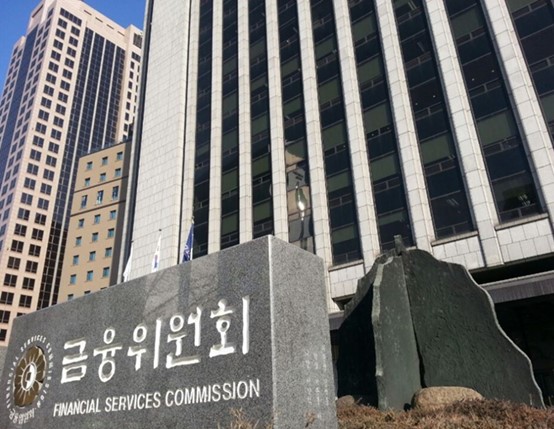
South Korea has taken steps to ban cross-trading on digital asset exchanges, and South Korean digital asset exchanges are unhappy with the new proposal, which will prevent them from converting transaction fees into fiat currencies.
South Korea’s Financial Services Commission has moved to ban cross-trading on digital asset exchanges in the country. Cross trading, the practice of offsetting buy and sell orders for the same asset without recording the trade on the exchange, is an activity that most exchanges do not allow.
The move is part of a series of amendments to the country's Reporting and Use of Certain Financial Transaction Information Act. Under the new rules enacted by South Korean authorities, exchange staff will face fines of up to 100 million won ($90,000) and suspension of trading licenses if they trade on their own platforms. Penalties for violating the new trading rules will range from fines of up to 100 million won to orders for rectification, suspension of business, and even termination of trading licenses. South Korea’s Monetary Authority warned earlier last month that exchange employees would be banned from trading on its exchanges to prevent cross trading and price manipulation.
South Korea’s exchange operators, however, have lamented the planned ban, saying the move would cause major disruption to their already strained operations, according to local outlet Newsis.
According to some South Korean cryptocurrency exchange operators, the planned move will prevent funds from flowing into their platforms.
Exchanges in South Korea reportedly conduct cross-trading, allowing them to convert fees charged in cryptocurrencies into South Korean Won (KRW). One industry insider commented:

"In order to convert the digital assets collected as commissions into Korean won, we have no choice but to sell them on the exchange that we operate."
In theory, banning cross-trading would prevent platforms from converting these fees from digital assets to fiat currencies. In fact, the planned ban could result in exchanges being forced to open to zero-commission trading, forcing exchanges to forego revenue they would otherwise receive from trading fees.
South Korean cryptocurrency exchanges will be forced to create a new business that converts transaction fees into fiat currency, according to anonymous sources. However, as the country's anti-money laundering policies will make such businesses expensive to operate, it is conceivable that this new regulation will impose a lot of additional costs on exchanges.
In addition to affecting foreign exchange earnings, the move could also pose a major challenge to paying taxes. In effect, a withholding tax is imposed on exchange transaction fees, which means that platforms must find ways to convert fees charged in digital assets into Korean won, as taxes cannot be paid in digital assets in South Korea.
As a stopgap measure, digital asset exchanges in South Korea may be forced to use fees collected in digital assets as collateral to obtain loans with tax withholding.

Meanwhile, South Korea's Financial Services Commission (FSC) is unflinching in its criticism of the exchange's backing, saying the cross-trading constitutes a "conflict of interest." According to the FSC, exchange operators have access to inside information, allowing them to trade with customers that could lead to price manipulation.
Regarding how exchanges will handle fees charged in the form of digital assets, the commission said, “Whether you want to change your digital asset to another asset (other than Korean won) or keep your digital asset, you will need to find a solution yourself.”
In addition to banning cross-trading, the upcoming amendment will require exchanges to hold at least 70% of customer deposits in cold storage. The provision is reportedly part of the FSC’s countermeasures against crypto exchange hacks as it plans to investigate previous attacks to uncover potential insider involvement.